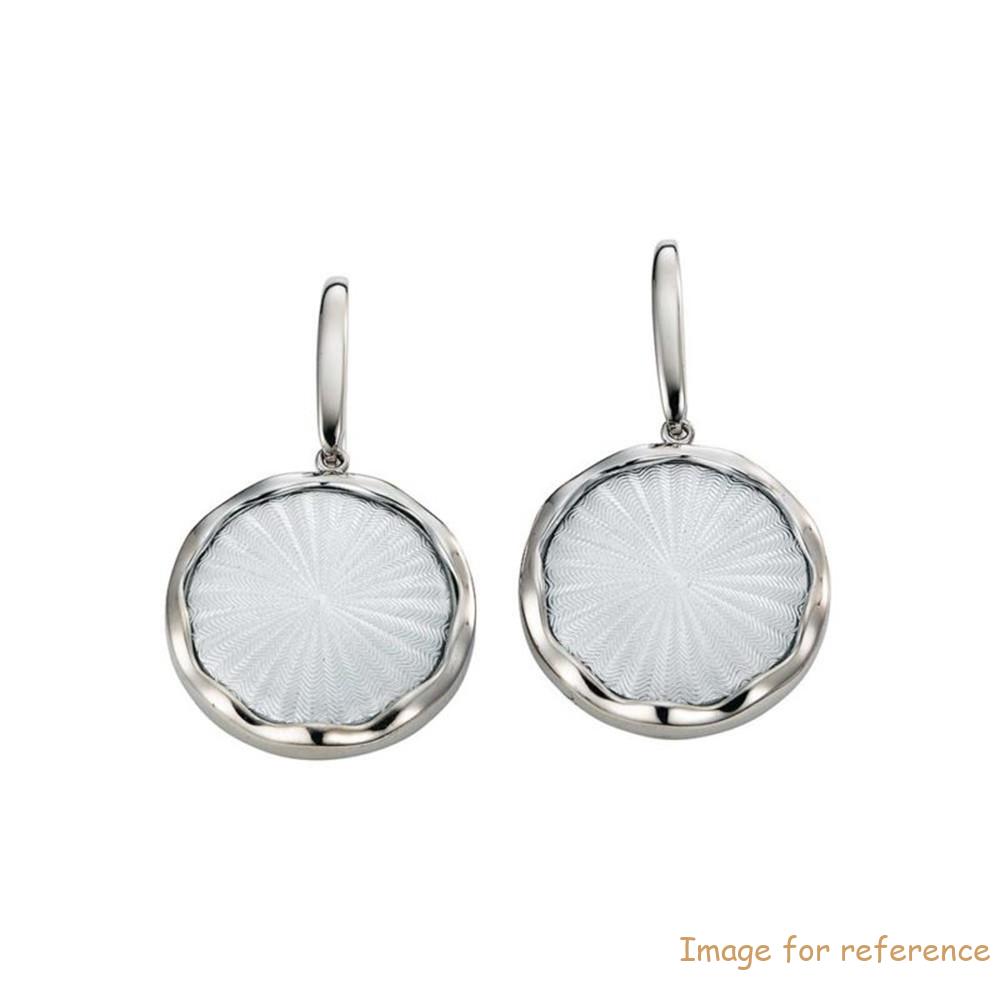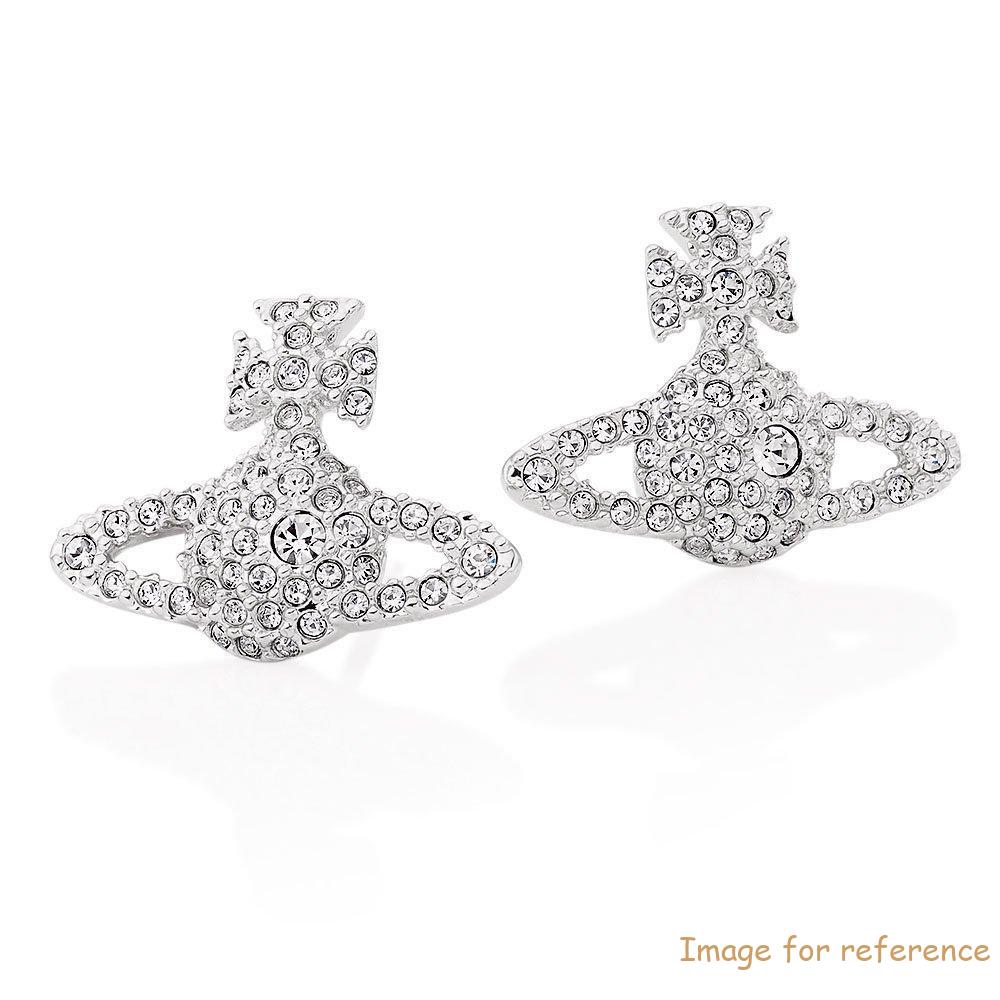Are earrings for men haram? If yes, where in the Quran is it said to be?

After seeing some answers that are far from the truth, I would like to lengthen my answer. So, what I am going to do is take into account the arguments made by conservatives on the topic of piercing and provide counter arguments:
“Earrings for men are haram because they are considered mutilation.” No. This one is funny because apparently many of the people who claim this don’t understand what mutilating someone’s body actually means. Mutilation (Arabic: تشويه) means ruining, or destroying, and that’s not the case with piercing. piercing provides a place to put a jewel which is not considered mutilation. And in fact, the Prophet’s wives themselves wore earrings.
“Men wearing earrings is Haram because this would be considered imitating women.” Again, No. The Hadith saying that men should not imitate women and vice versa did not come in this context. The story behind this Hadith is that Muhammad heard a mukhannath servant (Hit) of Muhammad’s wife Umme Salama commenting upon the body of a woman.[5] This comment may have convinced Muhammad that some of the mukhannathun were only pretending to have no interest in women, and therefore could not be trusted around them. Summary: The Hadith refers to cross-dressers who wanted to gain access to women’s quarters by pretending they were Mukhannath, and not men who get their ears pierced.
“Piercing is considered as changing Allah’s creation [4:119].” Nope. if Muslims are only allowed to follow the conservative argument that “God has created everything as it is”, and “God does not make mistakes”, then people who are born with a cleft palate and lip should not be treated, as this too would mean “interfering with God’s perfect creation.” Conservative Muslims take this particular Quranic verse [4:119] to say that God commands us not to change the creation of Allah, otherwise Satan will take shape instead of Allah and we will be acting against God’s intrinsic nature. In this view, imitating the characteristics of the opposite gender from that which one is assigned at birth, or changing one’s gender, is haram and deserves to be cursed as it is seen to be challenging God’s role as the Creator. Many Islamic scholars argue that the verse, “changing the creation of Allah” or “wrongly interfering in God’s creation” do not refer to the body or to gender-affirming surgery, but refer to “changing religion, namely Islam, and God’s commands” (Alipour, 2017; Kariminia, 2010). Moreover, numerous Muslim scholars (e.g., Al-Tabari, 1978; Tabatabai, 1971) have explained that the Quran verse [4:117—119] was revealed in relation to shirk (polytheism) activity before Islam by the following of Satan, abandoning the worship of Allah, and indulging in idolatry. Eventually, the Quran verse in Surah Al-Nisa, [4:118—119] describes how Satan misleads people. The pagan practice before Islam as explained in this verse [4:118—119] involved the traditional cutting of the ears of camels or removal of the eyes of animals that had bred more than once. This would mark them as sacred, inconsumable and to be devoted to the idols (Sarcheshmehpour et al., 2018). Thus, if a Muslim believes the argument that this verse prohibits any change to Allah’s creation because “God has created everything as it is”, then most of our daily activities, including those as simple as cooking, would be haram (illegal), because they would change the nature of a substance. Hence, the change in Allah’s creation as expressed in this verse entails that any change to creatures that is done contrary to God’s commands (halal to haram or vice versa) are changes made with an evil (shirk) motive. This verse was also used by many Muslim scholars to prohibit Makeup, plastic surgeries and other unrelated things. Conservative scholars argue that changes to one’s body are only allowed under medical circumstances, such as in the case of khunsa (intersex people), but is this not in contradiction of the principle that “God does not make mistakes”?
Conclusion: The only thing you need to keep in mind if you decide to pierce your ears is if it is acceptable in your society to do so. The General rule of the Muslim dress code is that Muslims should base their way of dress on two considerations: your function, what we might consider your job; and the society’s specific customs. If your job and your society allow you to do so, then go ahead.

